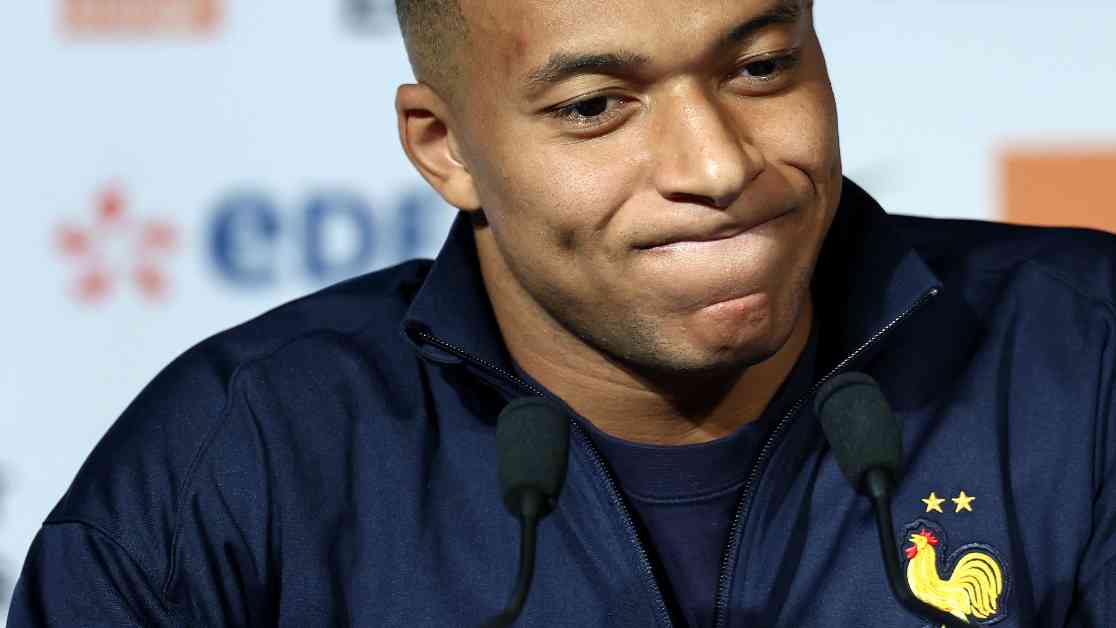During the recent FIFA international break, there has been a lot of talk surrounding Kylian Mbappé. The French forward was left out of the group for the UEFA Nations League matches against Israel and Belgium, which raised eyebrows considering he had just started a game for PSG against Villarreal before the break. The 25-year-old is currently recovering from a thigh injury, but there seems to be more to his omission than just his physical condition.
Reports emerged that Mbappé was spotted in a nightclub in Sweden on the night of his team’s UEFA Nations League victory over Israel, adding fuel to the fire of controversy. Dominique Séverac of Le Parisien has shared his concerns about Mbappé’s mental state, suggesting that the player may be struggling with the challenges he has faced since leaving PSG as a free agent.
Séverac described Mbappé as having a melancholic personality, contrary to the image of strength and heroism that is often associated with him. He emphasized that the player is fragile and has a history of experiencing depression, indicating that football may not be his top priority at the moment. According to a report from Foot Mercato, Mbappé had already expressed his reluctance to participate in the international break with the French team during the previous gathering.
It is essential to consider the mental well-being of athletes, especially in high-pressure environments like professional football. The spotlight and expectations placed on players like Mbappé can take a toll on their mental health, and it is crucial to provide them with the support they need to navigate through such challenging times. Hopefully, Mbappé can find the strength and resources to rebuild himself and prioritize his well-being above all else.
In the world of sports, mental health is gaining more recognition as a critical aspect of overall performance and success. Athletes are not immune to mental health challenges, and it is essential to address these issues with the same level of importance as physical injuries. By acknowledging and supporting athletes’ mental well-being, we can help them perform at their best and lead fulfilling lives both on and off the field.
